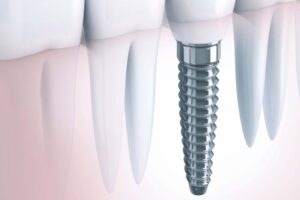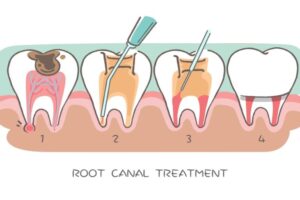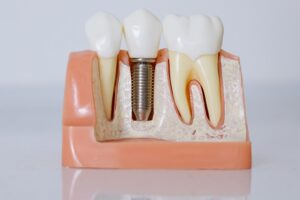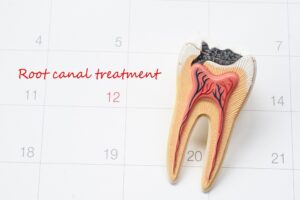When it comes to oral hygiene, many of us go through the motions of brushing our teeth twice a day without giving much thought to the toothpaste we use. After all, aren’t all toothpaste products essentially the same? Not quite. Selecting the right toothpaste is crucial in maintaining excellent oral health, and here’s why.
Understanding Toothpaste Varieties
Walk down the dental care aisle at your local store, and you’ll be bombarded with countless toothpaste options: fluoride, whitening, sensitive teeth, herbal, natural, and more. The variety can be overwhelming, but it’s essential to recognize that not all toothpaste is created equal.
Each type serves specific purposes and addresses distinct oral health concerns.
Choosing the Right Toothpaste for Your Needs
The toothpaste that’s right for you depends on your unique oral health requirements. Here are some common toothpaste types and how they can benefit your oral hygiene:
Fluoride Toothpaste: This is the most common type of toothpaste endorsed by dentists worldwide. Fluoride helps prevent tooth decay by underpinning your tooth enamel and turning it more resistant to bacteria-caused acid attacks.
Whitening Toothpaste: These products are designed to help wipe off surface stains from your teeth, giving you a brighter smile. While they can be effective to some extent, consult your dentist before using them excessively to avoid enamel damage.
Sensitive Teeth Toothpaste: If you experience tooth sensitivity to cold or hot drinks and foods, a toothpaste composed of sensitive teeth can help reduce the discomfort. These toothpaste options typically contain ingredients that block pain signals from reaching your nerves.
Herbal or Natural Toothpaste: Some individuals prefer herbal or natural toothpaste options, which often contain plant-based ingredients and exclude artificial additives. While these may be gentler on sensitive mouths, ensuring they still have fluoride for effective cavity prevention is crucial.
Anti-Gingivitis Toothpaste: If you’re prone to gum problems, such as gingivitis or bleeding gums, toothpaste varieties are formulated to target these issues. They typically contain antibacterial agents to help combat gum disease.
Children’s Toothpaste: Toothpaste often has lower fluoride content to minimize the risk of fluorosis (excessive fluoride exposure during tooth development). It comes in child-friendly flavors to encourage regular brushing.
Oral Health Benefits of Choosing the Right Toothpaste
Now that we’ve explored different toothpaste options, let’s delve into why selecting the right one is essential for your oral health:
Prevention of Tooth Decay: Fluoride toothpaste strengthens tooth enamel, making it more decay-resistant. Using fluoride toothpaste is a cornerstone of cavity prevention.
Minimizing Sensitivity: If you have sensitive teeth, using a toothpaste designed for this issue can significantly reduce discomfort, allowing you to enjoy hot and cold foods without pain.
Gum Health: Toothpaste formulated for gum health can help combat gingivitis and reduce the risk of gum disease, ultimately preserving your teeth and oral health.
Enhanced Confidence: Whitening toothpaste can improve the appearance of your teeth by removing stains, leading to a brighter smile and increased self-confidence.
Natural Options: If you prefer herbal or natural toothpaste, you can maintain good oral hygiene while avoiding artificial additives and chemicals that some people may wish to avoid.
In conclusion, choosing the right toothpaste is not a one-size-fits-all decision. Understanding your specific oral health needs and selecting a toothpaste that addresses them can significantly contribute to your overall dental well-being.
Regular dental check-ups and consultations with your dentist can also provide valuable guidance in making the right choice. So, the next time you’re at the store, take a moment to evaluate your toothpaste options and make an informed choice for a healthier, happier smile.







